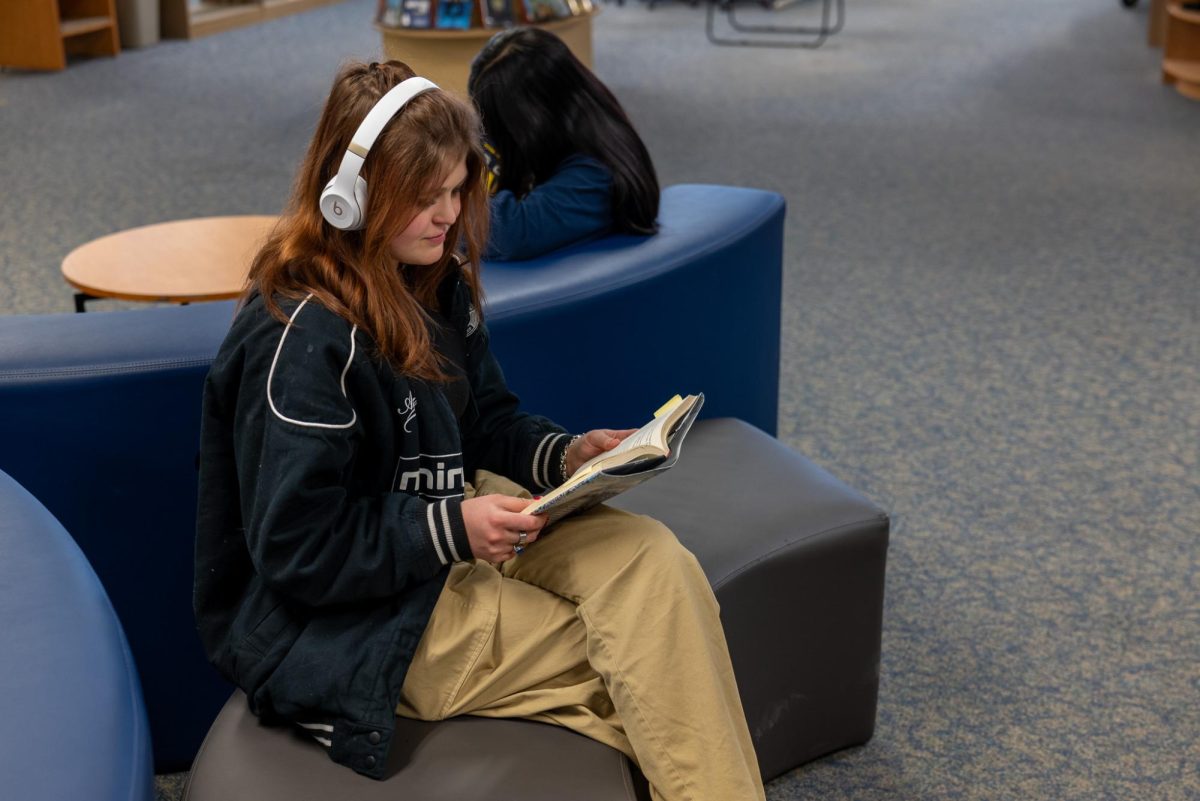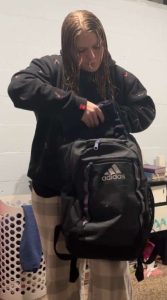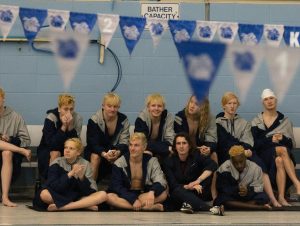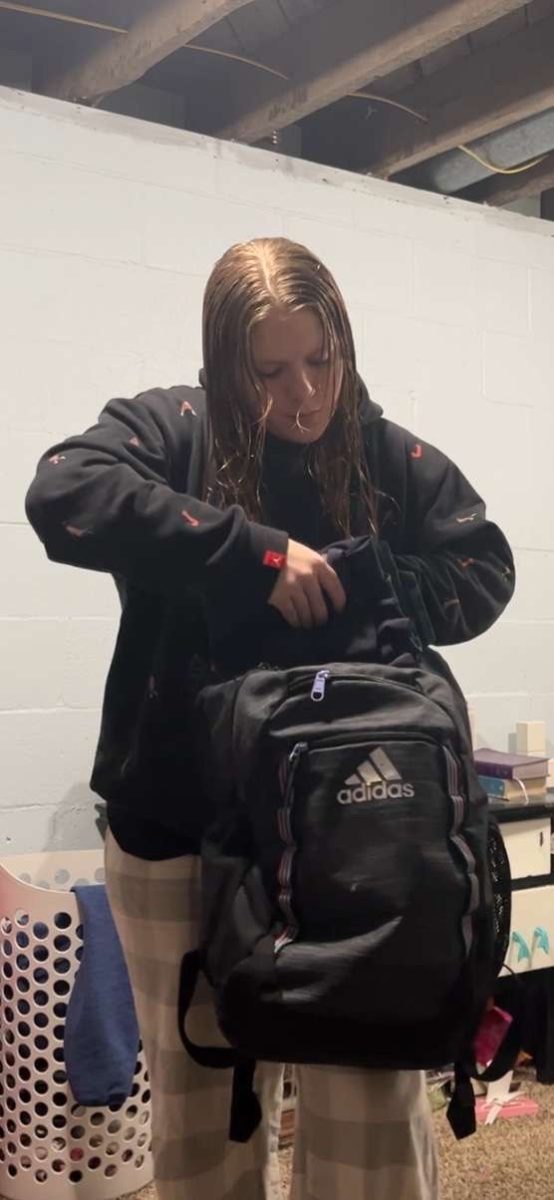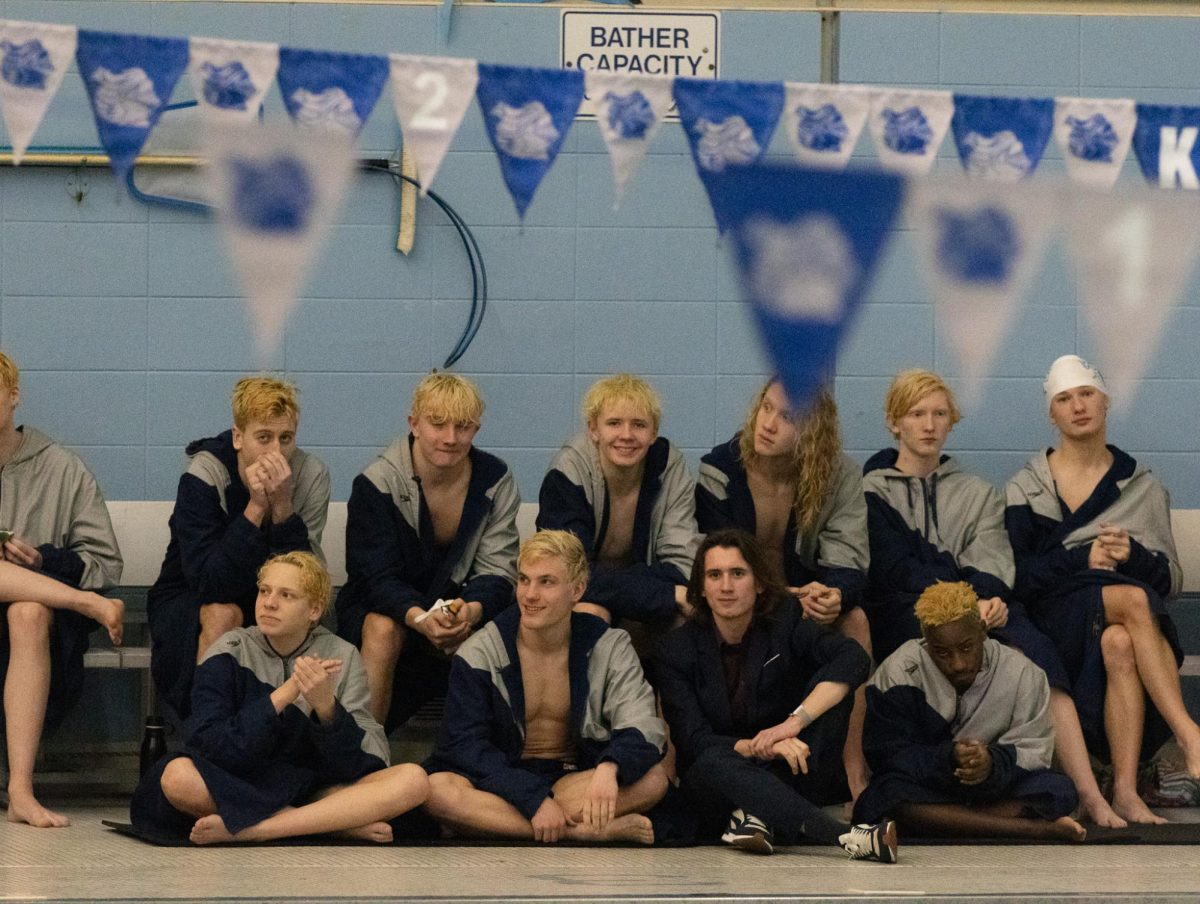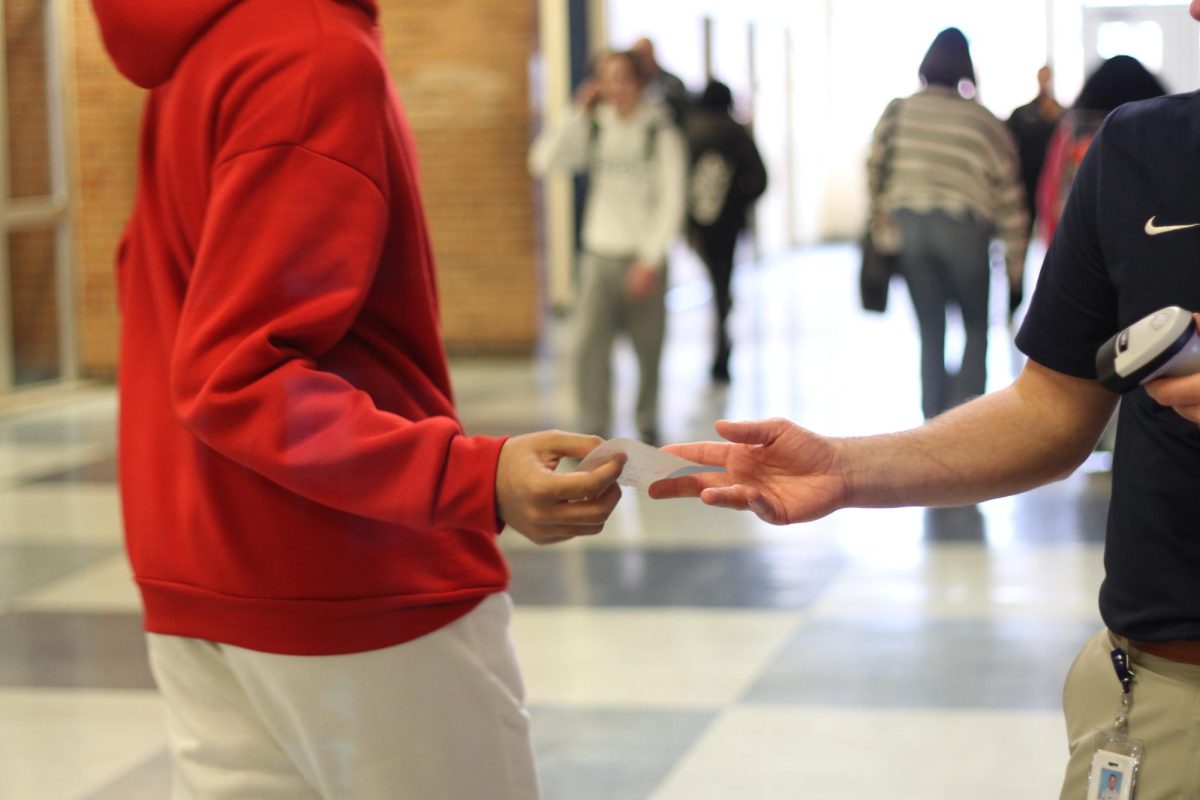Leaving school: why some students dropout
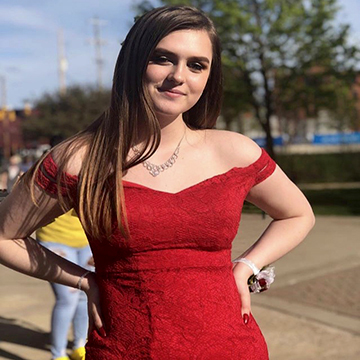
Alexa Lee, 17, was a senior when she left high school due to concerns over her mental health.
December 23, 2019
Although drop out rates are decreasing, over 1.2 million high schoolers still leave school before graduation every year. Reasons for dropping out could range from physical or mental health, to boredom. According to “Why Students Drop Out” from the website Dropout Prevention, some of the most common reasons students dropout of high school is having to support family, needing to work too much to attend school, and because they are already failing or missing too many classes.
Although she is currently working on getting her high school diploma, Izze Fahl was a junior at Loy Norrix when she left high school. “I have now decided to do online school to get my diploma because many fields of work judge based on a piece of paper rather than skill which still confuses me to this day,” Fahl said.
“When I was 13, I was diagnosed with cancer,” said Fahl. “I still struggle with PTSD to this day,” Fahl continued. “I knew that my priority should be my health, and school did not contribute to that physically or mentally. From there on out I knew I would be finding my own path of education.” Fahl added, “I think whoever is in charge can certainly try harder to accommodate to students and teachers and think past curriculum and standardized tests. More mental health help should be involved as well.”
Alexa Lee was a senior in high school when she left Phoenix High School. Prior to this, she left Loy Norrix in the school year before. She describes being tired of being depressed. “My family not being supportive really affected my motivation in school. If my parents still cared about school, I’d still care about it. Everyone needs a support system,” Lee said.
Lee has been working at a coffee shop for over a year now and is planning on getting her own apartment when she is stable enough.
“I felt I needed a smaller setting,” Lee said. “I was more focused when I switched to Phoenix High School. There wasn’t a lot of people to talk to, and the teachers would talk to you one on one more because the class size is smaller,” she added.
Demondre Barnes was a freshman at Loy Norrix when he was expelled for fighting. He then went to the Youth Academic Academy, or YAA. “I had to drop out after a year at YAA to get a job,” Barnes said. “I had to provide for my son.”

According to “11 Facts About Teen Dads,” teen fathers are less likely to finish high school than their peers and also face a lack of programs to get help. “I don’t regret leaving high school, I just know I need to go back,” said Barnes.
Anne Hensley graduated high school in the year 1991 when she tried attending college full-time and decided it wasn’t the best fit. “I tried to go to college a number of times, every 5-10 years, never making it much longer than one or two semesters,” Hensley said.
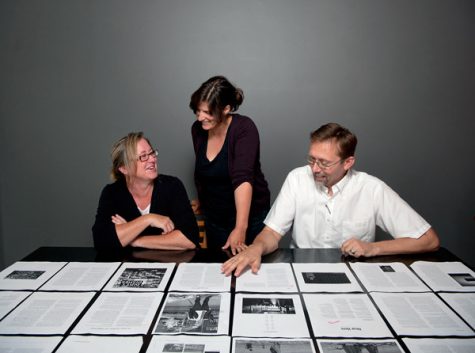
A major factor in school achievement is parental guidance. Hensley’s parents divorced the summer before her senior year in high school. “In retrospect, I can now see that I was deeply depressed, but I wasn’t really aware of that at the time,” Hensley disclosed.
Both of Hensley’s parents have advanced degrees and are educators. Her brother has a bachelor’s degree. “It was always expected that I would complete at least a bachelor’s degree. My parents were, and probably to some extent still are, incredibly disappointed that I didn’t complete a degree,” Hensley described.
“It [leaving college] informed my motivation to start a literacy support non-profit because of my acute awareness that not everyone has an easy time of being in school and that reading and writing are for everyone, no matter their relationship with a traditional academic environment,” Hensley excitedly shared.
Anne has had jobs working as a barista, a server, a restaurant manager, an office manager, an actor, an editor, a musician, a non-profit administrator, a retail manager, a bookseller, and a school administrator. “I feel like this varied employment history has prepared me well for just about anything I’d like to do,” Hensley said.
She now works for the Kazoo School as the Community and Outreach Coordinator, at Bookbug/This is a Bookstore as a bookseller, and is the co-founder of Read and Write Kalamazoo, also known as RAWK.
Hensley said, “College and I weren’t compatible. I tried. Not being able to complete it caused me a lot of stress and frustration and likely contributed to my cyclical depression over many years,” she continued, “but I feel like the choices I made, when I made them, were the choices I needed to make at those times. “I am who I am, and not completing college is a huge part of who I am.”



